
Georgia: polarisation grows as media follow the war in Ukraine and post-election developments in the country
The European Union (EU) and UNDP have released media monitoring reports analysing the post-election media environment in Georgia from 24 January 2022 until 23 March 2022. The analysis includes 22 media outlets – six television stations, nine online and seven print media editions.
Findings show that political developments dominated the media agenda: events surrounding the 2021 local self-governance elections, President Saakashvili’s return to Georgia and imprisonment, were at the centre of media attention until the Russian invasion of Ukraine on 24 February.
After that, the focus quickly shifted to wartime reporting. According to the report, all media sectors were equally gripped by the unfolding humanitarian disaster, international support and Georgia’s political and public responses to the crisis. Although all media sectors were focused on developments in Ukraine, their coverage was influenced by deep political divisions in Georgia’s society.
The analysis shows that editorial differences became apparent across digital media, which are generally perceived as independent and balanced. Some of the monitored outlets, influenced by Russian information sources, used misleading images, false narratives, and misrepresentation in their coverage.
Find out more
MOST READ
SEE ALSO
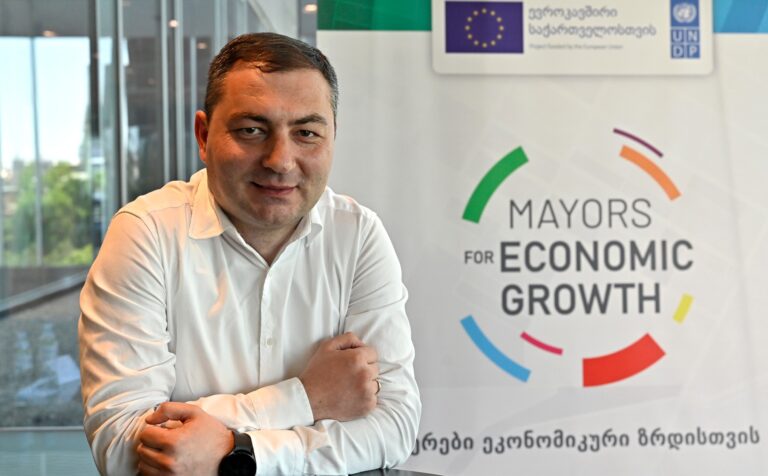
EU and UNDP launch Academy for Financial and Investment Readiness for Georgian municipalities
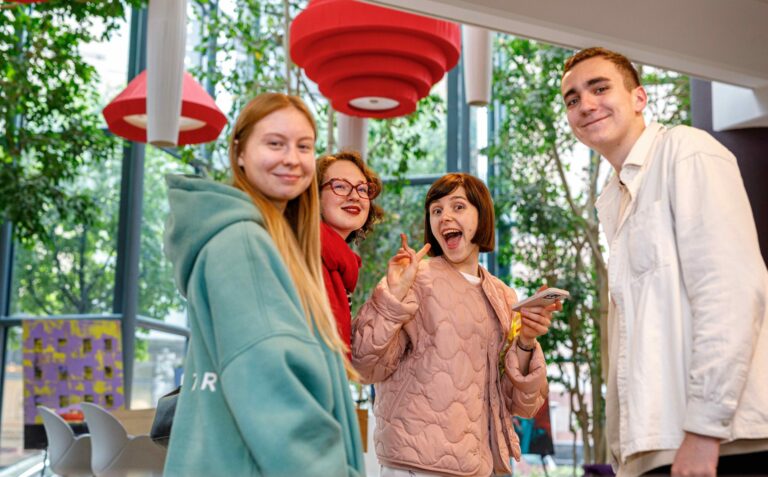
Voice Your Vision: Young European Ambassadors take part in European Forum of Young Leaders in Warsaw
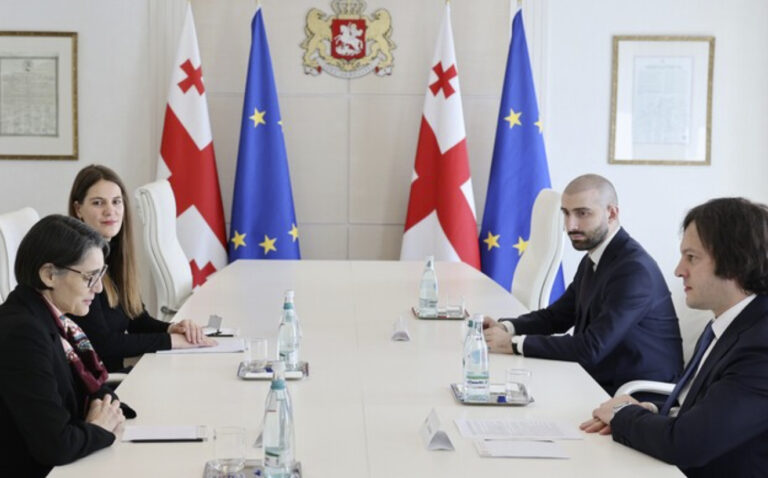
Recently appointed Head of EU Monitoring Mission meets with Georgian Prime Minister
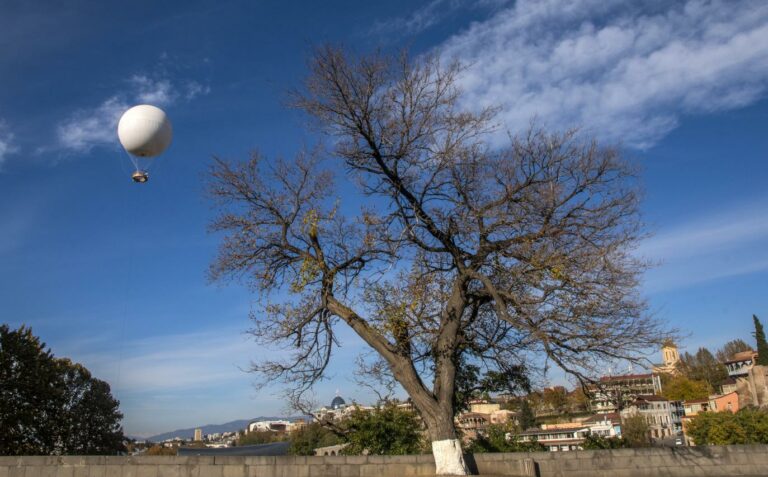
EU, UN and Austria launch new project to improve air quality in Georgia
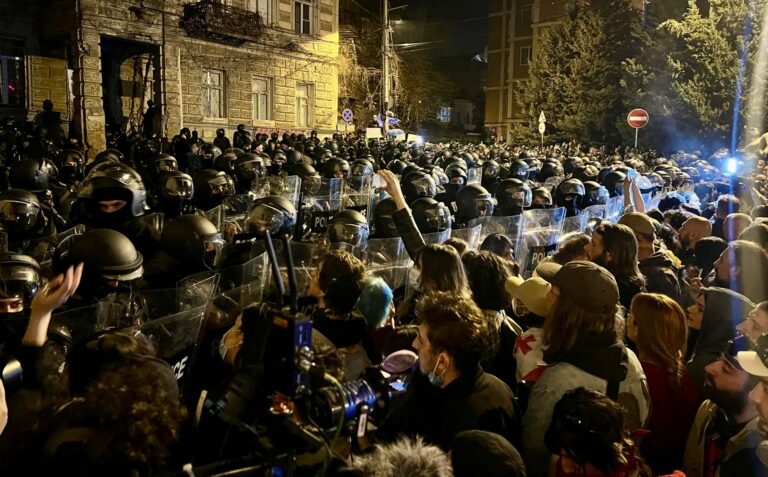
‘Not in line with EU core norms and values’: EU urges Georgia to refrain from adopting law on foreign influence
More campaign pages:
Interested in the latest news and opportunities?
This website is managed by the EU-funded Regional Communication Programme for the Eastern Neighbourhood ('EU NEIGHBOURS east’), which complements and supports the communication of the Delegations of the European Union in the Eastern partner countries, and works under the guidance of the European Commission’s Directorate-General for Neighbourhood Policy and Enlargement Negotiations, and the European External Action Service. EU NEIGHBOURS east is implemented by a GOPA PACE-led consortium. It is part of the larger Neighbourhood Communication Programme (2020-2024) for the EU's Eastern and Southern Neighbourhood, which also includes 'EU NEIGHBOURS south’ project that runs the EU Neighbours portal.

The information on this site is subject to a Disclaimer and Protection of personal data. © European Union,







